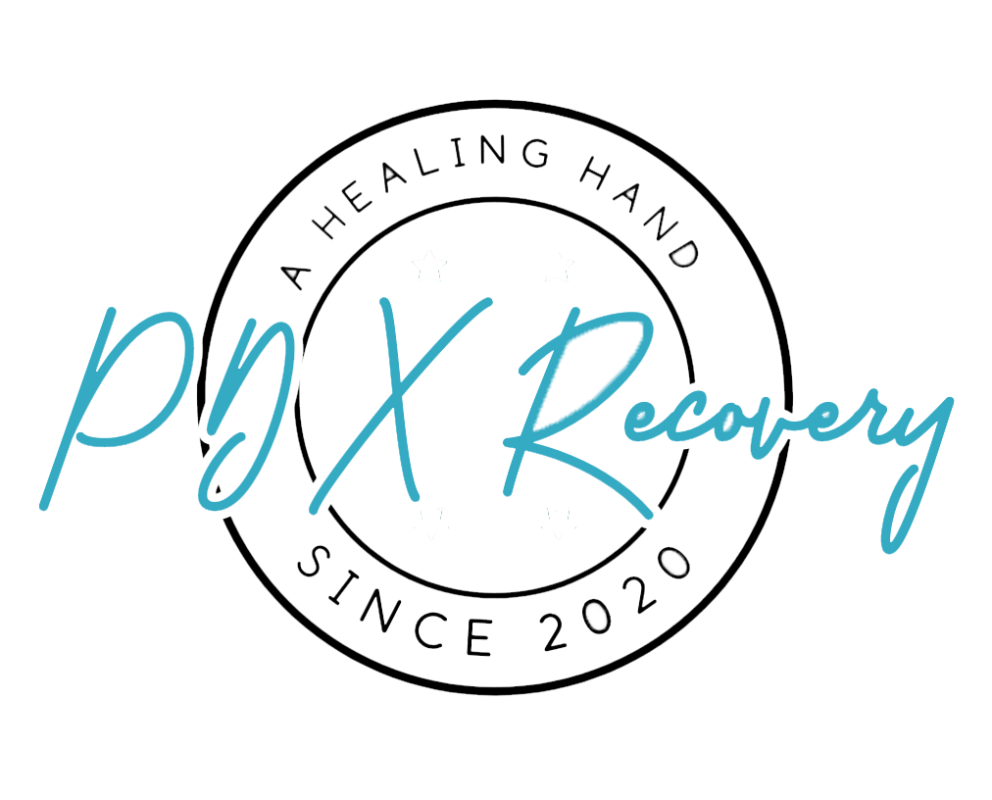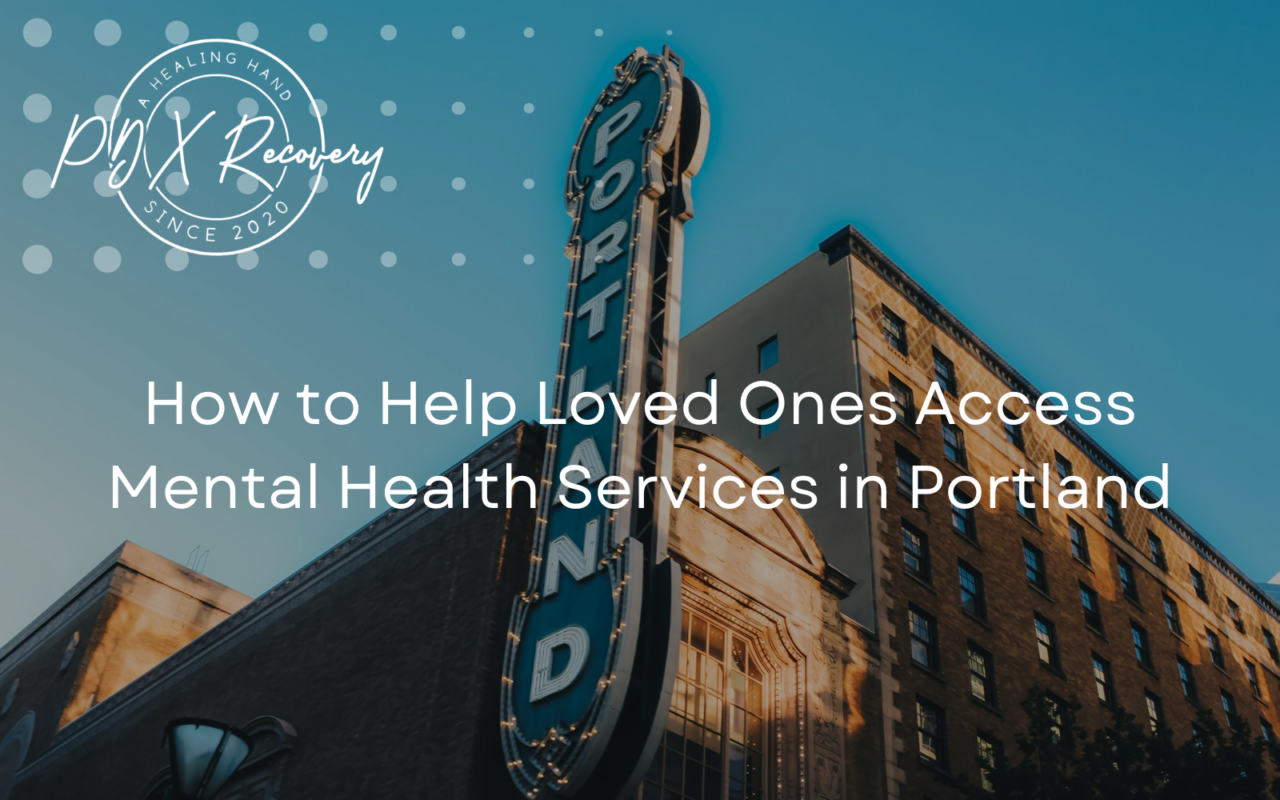Accessing mental health services can be challenging, but with the right guidance and support, you can help your loved ones find the care they need in Portland. Navigating the mental health care system can be overwhelming, especially when trying to support someone you care about. This comprehensive guide will walk you through the steps to facilitate their journey towards mental wellness, ensuring they receive the best possible support.
Portland, known for its progressive stance on health and wellness, offers numerous resources for mental health care. Understanding where and how to access these services is crucial. We’ll provide tips on navigating insurance coverage, understanding different types of treatment options, and connecting with support groups. By following this guide, you’ll be better equipped to offer meaningful assistance, making a significant difference in the mental health and well-being of your loved ones.
For those looking specifically for Mental Health Services in Portland, this guide will be an invaluable resource.
Understanding Mental Health Services in Portland
Mental health services in Portland encompass a wide range of treatments and support systems. From therapy and counseling to inpatient care and community support groups, Portland offers a variety of resources tailored to meet diverse needs. It’s essential to understand the different types of services available and how they can benefit your loved one.
Types of Mental Health Services in Portland
- Outpatient Therapy: Individual, group, and family therapy sessions with licensed therapists. These sessions typically focus on managing symptoms, developing coping strategies, and improving overall mental well-being. This helps individuals navigate daily challenges, build resilience, and achieve long-term mental health goals.
- Inpatient Treatment: Intensive, structured care for severe mental health conditions. Patients receive 24/7 supervision and comprehensive treatment plans, which may include medication management, therapy, and support from a multidisciplinary team. This approach helps by providing a safe environment, reducing immediate risks, and ensuring patients receive consistent and holistic care to stabilize their condition.
- Community Support Programs: Peer support groups, workshops, and community-based services. These programs aim to provide social support, education, and resources to help individuals manage their mental health in a community setting. By fostering a sense of belonging and understanding, they help reduce feelings of isolation and empower individuals to take control of their mental well-being.
- Telehealth Services: Virtual therapy and counseling sessions. These services offer convenience and accessibility, allowing individuals to receive mental health support from the comfort of their own homes using video calls, phone calls, or online chats. This helps reduce barriers such as travel time, stigma, and scheduling conflicts, making mental health care more accessible to everyone.
Identifying the Need for Mental Health Services
Recognizing when a loved one needs mental health services is the first step in providing the support they need. Look for various signs that might indicate they are struggling. These can include noticeable changes in behavior, such as increased irritability or mood swings, sudden withdrawal from social activities they once enjoyed, and verbal expressions of hopelessness or heightened anxiety. Additional indicators might be changes in sleep patterns, such as insomnia or oversleeping, sudden and unexplained weight loss or gain, and a noticeable decline in personal hygiene and self-care.
If they express persistent feelings of worthlessness or exhibit a loss of interest in hobbies, sports, or other activities they once found pleasurable, these can be critical red flags. It’s essential to observe these behaviors over a period of time to understand if they are ongoing issues rather than isolated incidents.
Early intervention can significantly improve outcomes for individuals struggling with mental health issues. It is crucial to address these signs promptly before they escalate into more severe problems. Encouraging open and honest communication within your relationship can create a supportive environment where your loved one feels safe and empowered to seek mental health services in Portland.
In a city like Portland, there are numerous resources available, from counseling centers to support groups, which can provide the necessary care and assistance. Being proactive and informed about these resources can make a substantial difference in the well-being of your loved one. Taking these steps not only helps them navigate their challenges but also strengthens the bond and trust within your relationship, setting a foundation for mutual support and understanding.
Starting the Conversation
Approaching the topic of mental health with a loved one requires sensitivity and care. It’s important to create a safe and non-judgmental space where they feel comfortable discussing their feelings and experiences. This can help them open up and feel supported. Here are some tips for starting the conversation:
- Choose the Right Time and Place: Find a quiet, private setting free from distractions. Make sure you both have enough time to talk without feeling rushed. An uninterrupted environment can help them feel more at ease and willing to share.
- Be Compassionate and Patient: Show empathy and avoid being judgmental. Try to understand their perspective and let them know that their feelings are valid. Patience is key, as they may need time to open up fully.
- Listen Actively: Pay attention to their words and emotions, validating their feelings. Active listening involves nodding, making eye contact, and occasionally summarizing what they’ve said to show you’re really hearing them. This not only helps them feel understood but also shows your genuine concern.
- Express Concern: Gently share your observations and concerns. Use “I” statements to avoid sounding accusatory, such as, “I’ve noticed you’ve seemed down lately, and I’m really worried about you.” This approach can prevent them from feeling defensive.
- Encourage Professional Help: Suggest seeking professional help as a positive step towards well-being. Normalize the idea of talking to a therapist or counselor, and offer to help them find resources or accompany them to appointments if they feel anxious about starting this process.
Exploring Mental Health Resources in Portland
Portland offers a wealth of mental health resources, but knowing where to look can be challenging. Here are some key resources to consider:
PDX Recovery
At PDX Recovery we provide comprehensive mental health services in Portland tailored to meet the needs of the Portland community. They offer a range of treatments and support systems designed to help individuals achieve mental wellness. Their services include individual therapy, group counseling, and specialized programs for conditions such as anxiety, depression, and substance abuse. By addressing the unique challenges faced by each client, PDX Recovery aims to create a supportive and healing environment that promotes lasting recovery and well-being.
Private Therapists and Counseling Services
Portland boasts numerous licensed therapists and counselors who specialize in various areas of mental health, including anxiety, depression, trauma, and relationship issues. These professionals offer a range of therapeutic approaches, such as cognitive-behavioral therapy, psychodynamic therapy, and mindfulness-based interventions. Many therapists also offer sliding scale fees to accommodate different financial situations, ensuring access to mental health care for all.
Support Groups and Community Programs
Support groups and community programs can provide invaluable peer support and resources. These groups allow individuals to share experiences and coping strategies, fostering a sense of community and understanding.
Navigating Insurance and Financial Assistance
Understanding insurance coverage and exploring financial assistance options can make accessing mental health services in Portland more manageable. It’s important to review your policy details to know what services are covered and to inquire about co-payments or deductible requirements. Additionally, many organizations offer sliding scale fees based on income or provide grants and scholarships to help offset costs. Taking the time to research and utilize these resources can significantly ease the financial burden of mental health care.
Understanding Insurance Coverage
Review your loved one’s insurance policy to understand what mental health services are covered. Many policies cover therapy, counseling, and inpatient treatment, but it’s essential to verify details such as copays, deductibles, and network providers. Additionally, check if there are any limitations on the number of sessions or specific conditions that need to be met for coverage. It’s also helpful to know if pre-authorization is required for certain services and to keep track of any changes in the policy over time.
Financial Assistance Programs
If your loved one lacks insurance or their coverage is insufficient, several financial assistance programs can help:
- Medicaid: This program provides coverage for low-income individuals and families, ensuring they have access to essential healthcare services, including mental health support.
- Sliding Scale Fees: Many therapists and clinics offer sliding scale fees based on income, making it more affordable for individuals to receive the mental health care they need without financial strain.
- Non-Profit Organizations: Some organizations provide low-cost mental health services in Portland. These organizations often rely on donations and grants, ensuring that everyone, regardless of their financial situation, can access necessary support and care.
Making Appointments and Following Up
Once you’ve identified the appropriate resources, help your loved one schedule appointments and follow up to ensure they receive the necessary care.
Scheduling Appointments
Assist your loved one in contacting mental health providers to schedule initial appointments. Help them research and choose the right provider based on their needs. Provide support in filling out necessary forms, making sure all information is accurate, and gathering required documentation such as medical history and insurance details. Offer to accompany them to the appointments if they feel anxious or need additional support.
Providing Ongoing Support
Continuously check in with your loved one to offer emotional support and encouragement. Listen actively to their concerns and reassure them that they are not alone. Accompany them to appointments if they feel comfortable, providing a steady presence during potentially stressful situations. Help them stay organized with their treatment plan by keeping track of appointments, medications, and any other essential tasks. Offer to assist with daily chores or errands to lighten their load, allowing them to focus more on their well-being.

Overcoming Stigma and Encouraging Ongoing Care
Stigma surrounding mental health can be a significant barrier to seeking help. It often prevents individuals from reaching out and getting the support they need. Encourage your loved one by:
- Educating about Mental Health: Share information about mental health conditions, their symptoms, and available treatments. Use credible sources and explain that mental health issues are common and manageable.
- Highlighting Success Stories: Provide examples of individuals who have successfully managed their mental health. Share stories from celebrities, community members, or even personal anecdotes to show that recovery and maintenance are achievable.
- Promoting Self-Care: Encourage practices like exercise, mindfulness, and healthy lifestyle choices. Emphasize the importance of a balanced diet, regular physical activity, adequate sleep, and stress management techniques. These practices can significantly improve one’s mental well-being and overall quality of life.
FAQs
What are the signs that someone needs mental health services?
Signs include drastic changes in behavior, mood swings, withdrawal from social activities, and expressions of hopelessness or anxiety. Early intervention can significantly improve outcomes.
How can I start a conversation about mental health with a loved one?
Choose a quiet, private setting, show empathy, listen actively, express your concerns gently, and suggest seeking professional help as a positive step.
What types of mental health services in Portland are available?
Portland offers outpatient therapy, inpatient treatment, community support programs, crisis intervention, and telehealth services.
What if my loved one doesn’t have insurance or their coverage is insufficient?
Explore financial assistance options like Medicaid, sliding scale fees, and non-profit organizations that provide free or low-cost services.
How can I support my loved one’s ongoing mental health care?
Continuously check in with them, accompany them to appointments, help them stay organized with their treatment plan, and encourage self-care practices.
Quality Mental Health Care
Helping a loved one access mental health services in Portland requires patience, empathy, and a proactive approach. Understanding and navigating the vast array of resources available can be overwhelming, but it is crucial to familiarize yourself with local clinics, therapists, and support groups. Starting compassionate conversations about their needs and concerns is an essential step to ensure they feel heard and understood. Providing ongoing support, such as helping them arrange appointments, accompanying them to visits, or simply being there to listen, can make a significant difference in their journey towards mental wellness. Remember, mental health care is a continuous process that involves ups and downs, and your support plays a crucial role in their recovery and well-being. Encouraging them to stick to their treatment plan, celebrating their progress, and being patient during setbacks are all important aspects of this journey. Your consistent presence and understanding can help them feel less isolated and more hopeful about their future. For more information visit our website at https://pdx-recovery.com/ or call us at (971) 256-9087.






